
A while back, I was sneezing non-stop, and my allergies were driving me crazy. I tried pills, sprays—nothing worked. That’s when I thought, Can you use FSA for air purifier stuff? I wasn’t sure, but I really hoped so. So, I asked my doctor, called my FSA provider, and did a little digging. Turns out, yes—you can use your FSA in some cases. In this article, I’ll walk you through what worked for me, how to get air purifier relief, and how to make the most of your FSA.
What Is FSA and How Does It Work?
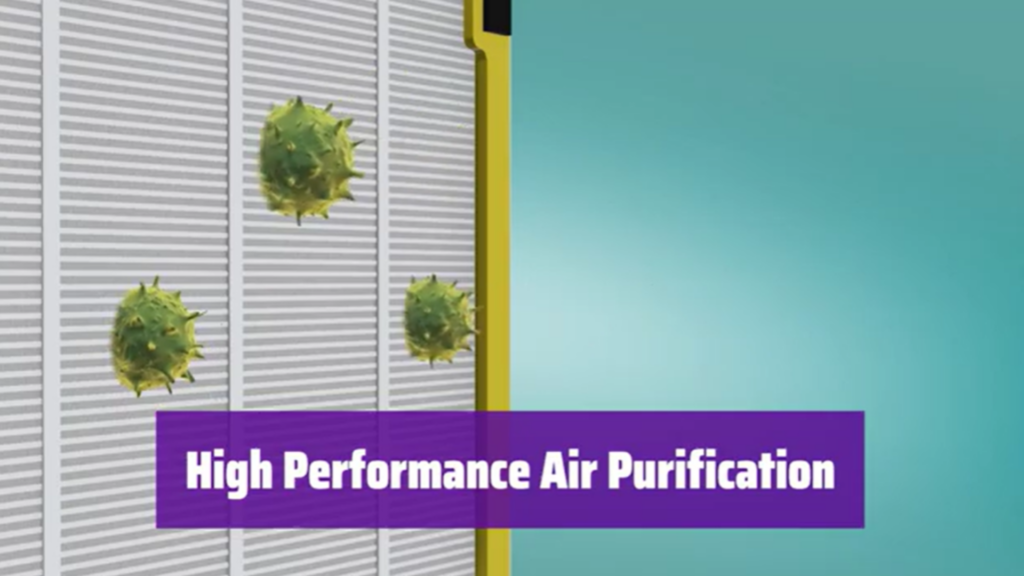
An FSA is a savings account that helps you pay for health costs with pre-tax money. You don’t pay tax on the money you put in, which saves you a bit each year. It’s offered by many jobs as part of your benefits. If your work gives you the option, you can sign up during open enrollment.
Most people who get health benefits from work are able to use an FSA. You choose how much to set aside for the year. The full amount is ready to use right away, even if you haven’t added it all yet. People often use it for things like glasses or allergy meds.
But here’s the fun part—you might be able to use it for an air purifier. If a doctor says you need one for a health reason, it may count. That means your FSA could help cover the cost. Pretty helpful if you’re dealing with asthma or strong allergies.
FSA rules matter because they decide what’s covered and what’s not. If you buy an air purifier without the right proof, it may not count. But with a doctor’s note, you can breathe easier—and save some cash too.
Can You Use FSA for Air Purifier?
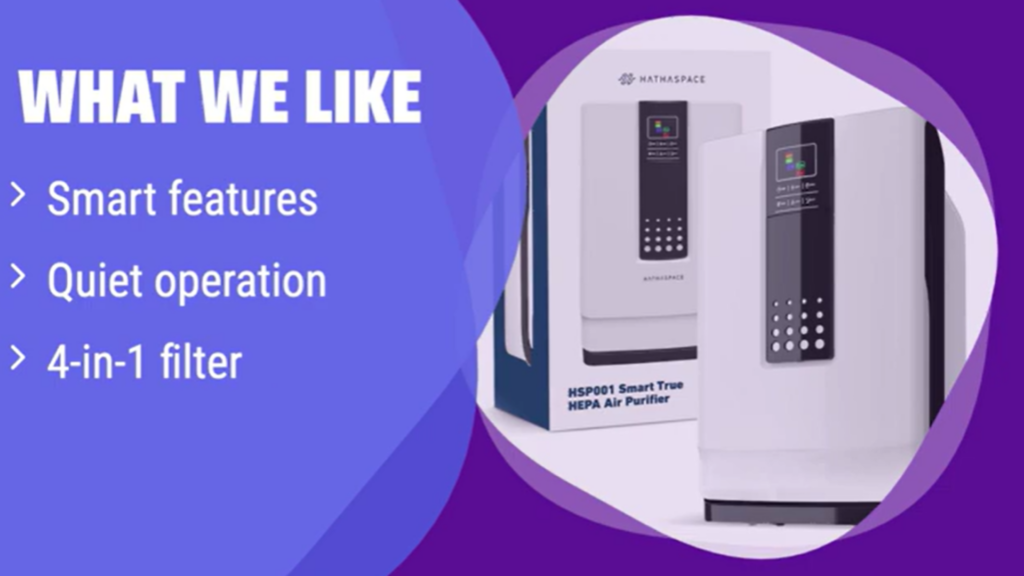
Quick Answer: Yes, but only if your doctor says you need it for your health.
I had the same question when my allergies got bad. I was sneezing all the time and felt tired from it. I wondered, Can my FSA help me buy an air purifier? The answer was yes—but only if my doctor approved it.
You can use FSA for an air purifier if it’s for a health reason. This means your doctor must say you need it. That’s called “medically necessary.” The IRS and FSA rules say this is okay, but only with a doctor’s note.
Here’s what I did: I told my doctor how bad the air in my room made me feel. He agreed that an air purifier would help. Then he gave me a Letter of Medical Necessity. That’s just a short note saying I needed it for my health.
FSA companies need this letter to approve your claim. Without it, they might say no. With it, you have a better chance to get money back.
I also called my FSA provider. I asked, “Will you cover an air purifier if my doctor says I need it?” They said yes, as long as it’s for a medical reason like asthma or allergies. So I bought it, sent the letter and the receipt, and got paid back.
If you want air purifier relief using FSA, follow these steps:
- Talk to your doctor.
- Get a letter.
- Send your claim with proof.
It worked for me—and it could work for you too.
What Counts as a Medically Necessary Air Purifier?
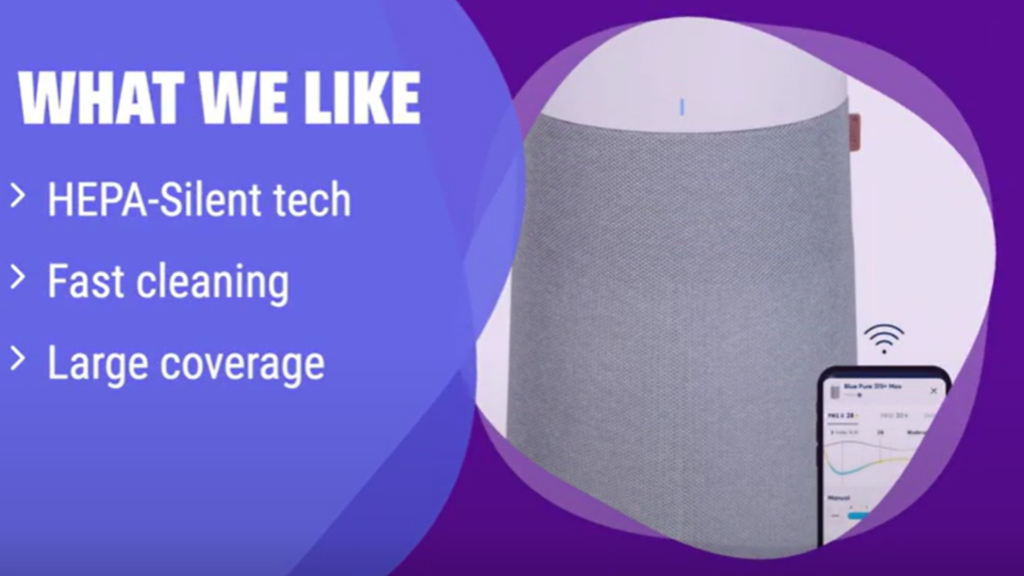
Short Answer: You can use FSA for an air purifier if your doctor says you need it for a health issue like asthma or allergies.
Not all air purifiers count. But if you have a health problem, like asthma or bad allergies, it might. I had a hard time sleeping and kept waking up with a stuffy nose. My doctor said the air in my room was making it worse.
If your doctor agrees you need an air purifier, it can be FSA-eligible. That’s what “medically necessary” means. You’re not just buying it to feel good—you need it to stay healthy.
My doctor gave me a Letter of Medical Necessity (LMN). It’s a short note that explains why I need the device. Your FSA won’t accept your claim without it.
Here’s how I got mine:
- I visited my doctor. I told him about my symptoms.
- He wrote a letter. It said I had allergies and needed a purifier with a HEPA filter.
- I sent the letter and receipt to my FSA provider.
The LMN is key. It proves the purifier helps treat a real health issue. If you don’t send it, your claim might get denied.
So if you want to use FSA for an air purifier, talk to your doctor first. Be real about your symptoms. If they think it will help, they’ll give you the note you need.
Types of Air Purifiers That May Be FSA-Eligible
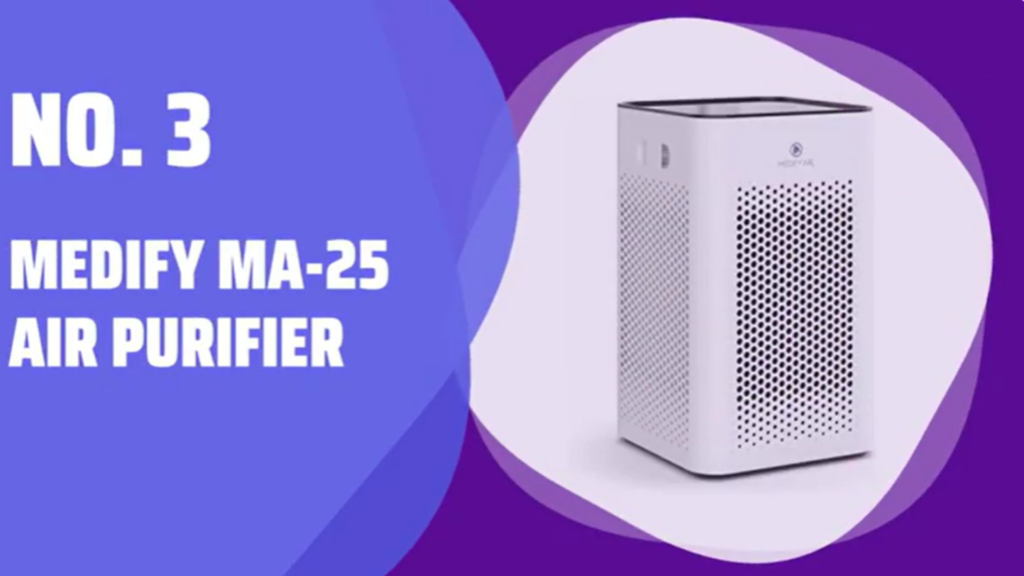
Quick Answer: Yes, but the purifier must help with a health problem like asthma or allergies.
When I looked for an air purifier, I got confused fast. There were so many choices! Some were big, some small. Some were fancy, others plain. But here’s the thing—not all air purifiers count for FSA.
To be FSA-eligible, the purifier must help with a real health issue. It’s not enough for it to just make the air smell nice. It needs to clean the air in a way that helps your health.
👉 Can you use FSA for air purifier with HEPA filter? Yes. A HEPA filter is often needed. It traps small things in the air like dust or pollen that can make you sick.
I picked one with a HEPA filter. I looked at brands like Levoit, Honeywell, and Coway. I liked the Levoit one best. It was quiet and fit well in my room. The reviews said it helped with allergies, so I gave it a shot.
💡 Tip: Keep your receipt. Save the box or take a picture of it. Show the parts that say “HEPA” or “allergy relief.” These can help if you need to prove it to your FSA provider.
Stay away from purifiers that have scents or oil diffusers. Those aren’t needed for health and may not count. Also, extra features like smart controls don’t help with FSA approval.
So if you ask, “Can you use FSA for air purifier help?”—yes, but only if it’s for a health need. Pick one that removes things from the air that make you sick. That’s what worked for me.
How to Actually Use Your FSA for an Air Purifier
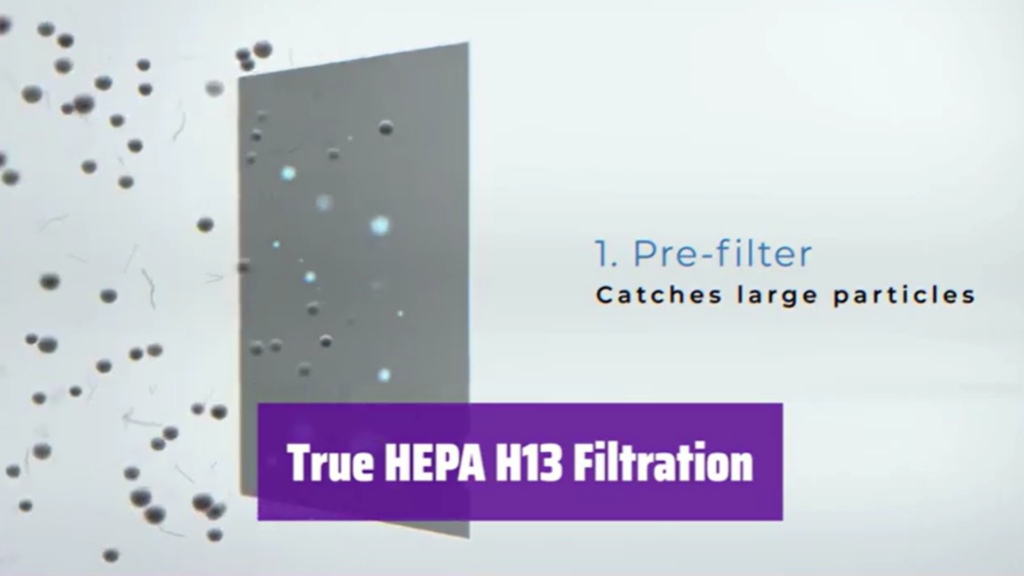
Quick Answer: Yes, you can use your FSA for an air purifier—if your doctor says it’s needed for your health.
Step 1: Get a Diagnosis
Short Answer: You need a health issue like allergies or asthma.
I couldn’t stop sneezing. My nose ran all the time. I went to my doctor and told him how bad it was. He said I had indoor allergies. That was the first step.
Without a real diagnosis, you can’t use your FSA. The purifier has to be for your health, not just comfort.
Step 2: Ask for a Letter
Short Answer: Ask your doctor to write a note that says you need a purifier.
This is called a Letter of Medical Necessity. Mine was short and simple. It said I had allergies and needed a HEPA air purifier to help me breathe better.
Don’t be shy—just ask. My doctor was happy to help.
Step 3: Send Your Claim
Short Answer: Send your receipt, the letter, and a short note to your FSA provider.
After I bought the purifier, I saved the box, manual, and receipt. Then I logged into my FSA account and uploaded everything. I also wrote: “My doctor said I need this for indoor allergies.”
It took 10 minutes.
Step 4: Wait for a Reply
Short Answer: If your paperwork is clear, you’ll get paid back.
Two weeks later, I got the money. Easy! If they say no, don’t give up. Just ask what’s missing and send it again.
It’s not hard—just a little back and forth sometimes.
Step 5: Tips If Something Goes Wrong
Short Answer: If denied, double-check your paperwork.
Here’s what helped me:
- Use a HEPA purifier. Nothing fancy.
- Make sure the doctor’s letter says it’s for a health need.
- Keep your receipt and product details.
- Call your FSA company if you’re not sure.
They answered my questions and walked me through it.
Can You Use FSA for Air Purifier Help?
Short Answer: Yes—if it treats a real health problem and your doctor agrees.
Once I followed the steps, it worked. The air in my room felt cleaner. I slept better. My nose stopped running. And I saved money, too.
FSA vs HSA vs HRA: What’s the Difference for Air Purifiers?
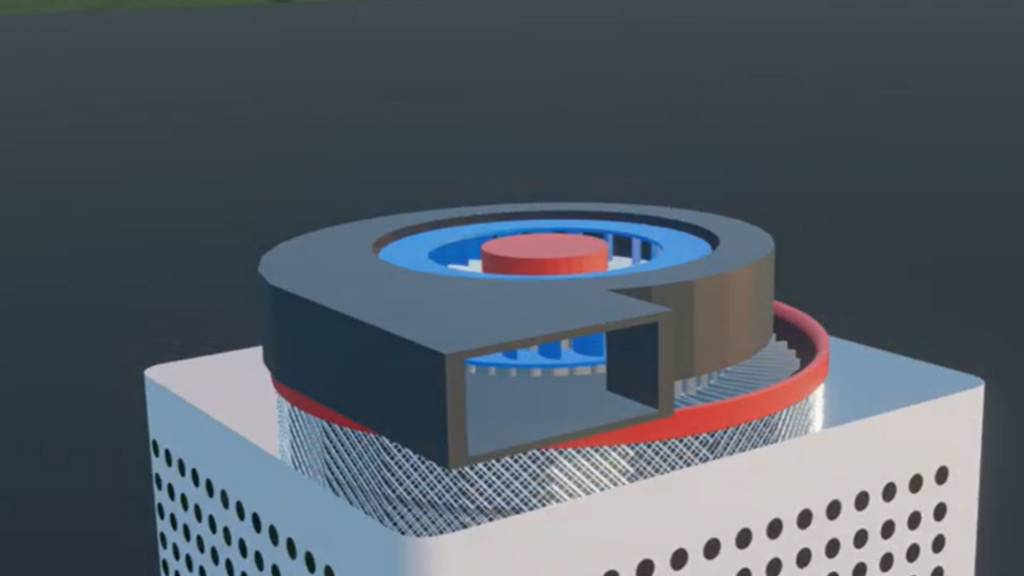
Quick Answer: Yes, you can use FSA, HSA, or sometimes HRA for an air purifier—but only if your doctor says you need it.
When I first heard about using my FSA for an air purifier, I got confused. Then I saw other terms like HSA and HRA. I had no idea what they meant.
So I did some digging. Turns out, they all help you pay for health stuff. But the rules are a little different for each one.
Let me break it down in a way that’s super easy to follow.
FSA (Flexible Spending Account)
Short Answer: Yes, FSAs cover air purifiers with a doctor’s note.
That’s what I used. I told my doctor about my allergies. He gave me a letter. I sent that and my receipt to my FSA. They paid me back.
FSAs are from your job. You choose how much money to set aside each year. But there’s a catch—if you don’t use it, you lose it. So spend it before the year ends.
HSA (Health Savings Account)
Short Answer: Yes, HSAs also work if the purifier is for a health reason.
My cousin has an HSA. She used it for her purifier too. She got a note from her doctor and followed the same steps.
HSAs are nice because the money rolls over. You don’t lose it at the end of the year. And it can even grow like savings.
But not everyone can get one. You need to have a high-deductible health plan.
HRA (Health Reimbursement Arrangement)
Short Answer: Maybe. It depends on your employer’s rules.
HRAs are set up by your boss. They give you money to pay for health needs. But they decide what counts.
A friend of mine used her HRA. At first, they said no. But she sent a letter from her doctor. Then it got approved.
So if you have an HRA, check the rules. Ask HR what’s covered and what proof you need.
Quick Recap:
| Account | Covers Air Purifiers? | Doctor’s Note Needed? | Money Expires? |
| FSA | ✅ Yes | ✅ Yes | ⏳ Usually by year-end |
| HSA | ✅ Yes | ✅ Yes | ♻️ No, money rolls over |
| HRA | ✅ Maybe | ✅ Yes | ⚠️ Your job decides |
I used an FSA. It worked great. I followed the steps, and they sent me the money.
If you’re sneezing all the time like I was, this could help you too. Just talk to your doctor, pick a good purifier, and send in the proof.
Breathe easy—and use the benefits you already have.
Personal Tips and Lessons Learned
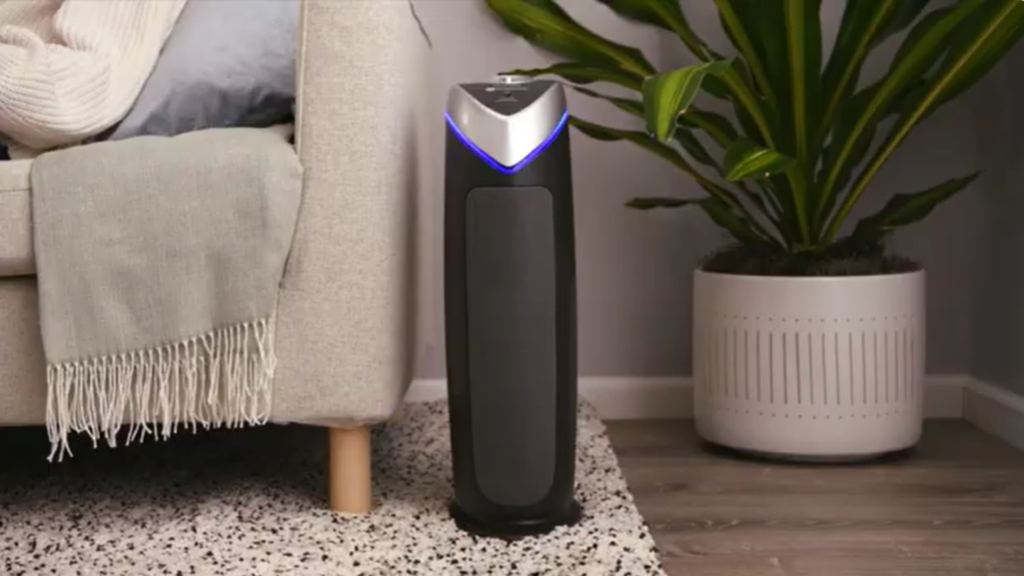
What I Wish I Knew Before Trying to Use My FSA
If I could go back, I’d do one thing first—ask more questions. I thought using my FSA for an air purifier would be fast and simple. It was, kind of—but only after I made a few mistakes. So here’s what I wish someone had told me before I started.
Tip 1: Save Every Piece of Paper
When I bought the purifier, I almost tossed the box. Don’t do that! Keep the box, the receipt, and even the little manual. You’ll need them later. Your FSA provider may ask for proof—so the more you have, the better.
👉 Short Answer: Yes, keep everything. It will help with your claim.
Tip 2: Not All Air Purifiers Count
I thought I could buy any purifier. Nope. Some models are not covered—especially the ones that just smell nice or have extras like lights or smart features. I learned the hard way.
👉 Short Answer: Pick one with a HEPA filter and no fancy stuff.
Tip 3: Ask for a Letter Early
I waited too long to ask my doctor for a Letter of Medical Necessity. That held things up. Next time, I’d get it before I even shop. It saves time and stress.
👉 Short Answer: Ask your doctor first. It makes things easier.
Tip 4: Your FSA Provider Can Help
I didn’t know I could just call my FSA provider. When I did, they answered all my questions. It made me feel better—and gave me clear steps to follow.
👉 Short Answer: Yes, your FSA provider can guide you.
Tip 5: It Was Totally Worth It
Was it a little work? Sure. But once I got the purifier, I felt better. My nose wasn’t stuffed. I slept deeper. I even had more energy in the morning. It made a big change in my life.
👉 Short Answer: Yes, the effort was worth it—for my health and peace of mind.
Looking back, I’m glad I didn’t give up. If you’re struggling with allergies or bad air, this might help you too. Just follow the steps, ask for help when you need it, and don’t forget to keep your paperwork.
You’ve got this. And your nose will thank you.
FAQs (Quick Answers for Real Questions)
Can I use my FSA card directly to buy an air purifier?
Short answer: Yes—but only if you have a doctor’s note.
I tried to swipe my FSA card online once, but it didn’t work. Why? Because air purifiers aren’t always seen as a medical need by default. If your doctor says you need one and writes a letter, then yes—you can usually use your FSA card or ask for a refund after buying it. Just keep the receipt!
What should a Letter of Medical Necessity include?
Short answer: A simple note from your doctor saying you need the air purifier for a health reason.
My letter wasn’t long. It said I had allergies and needed a HEPA air purifier to breathe better at home. It also included my name, the date, and my doctor’s info. That was enough to get my claim approved. Keep it simple, but clear.
What brands of air purifiers are FSA-eligible?
Short answer: Any brand can work if the purifier has a medical use—like helping with allergies.
I went with Levoit, but brands like Honeywell, Coway, and Dyson are also solid. What matters most is the features. Look for a HEPA filter and make sure it removes dust, pollen, or pet dander. Stay away from models that focus on scents or mood lighting. Those don’t count.
Can I use FSA for air purifier filters or replacements?
Short answer: Yes, if the purifier itself was approved as medically necessary.
After I got my air purifier approved, I asked if filters were covered too. My FSA provider said yes—because they’re part of keeping the device working. I saved my receipt when I bought the new filter and sent it in. Got reimbursed again!
Can I use FSA retroactively for an air purifier I already bought?
Short answer: Maybe—but you’ll need a doctor’s note dated before or close to your purchase.
I tried to get money back for a purifier I bought months earlier. At first, they said no. But when I got a letter from my doctor with the right date, they changed their mind. So don’t wait too long. Always get your paperwork lined up as soon as you can.
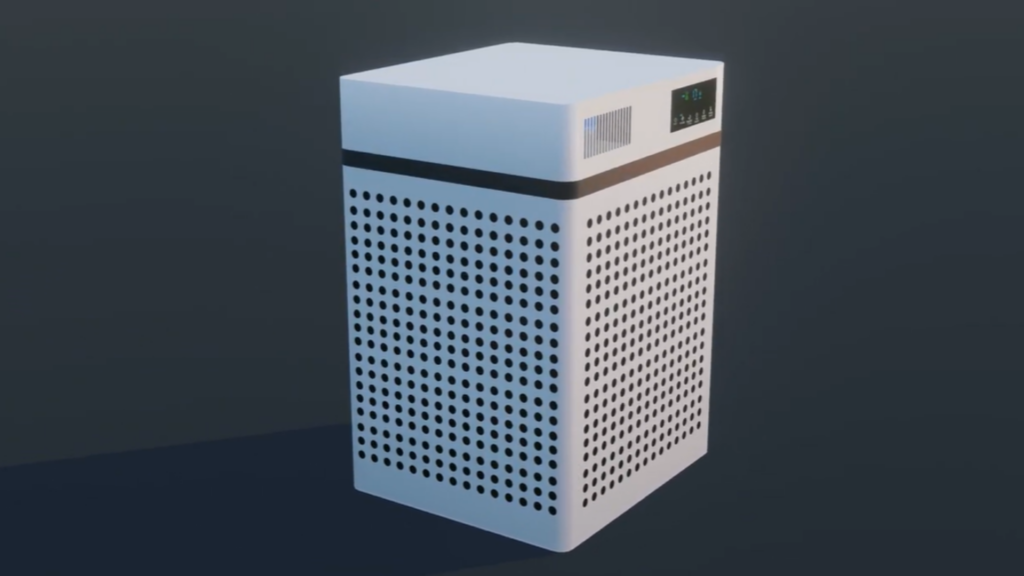
Conclusion
Can you use FSA for an air purifier? Yes—if your doctor says it’s needed for your health. That’s the short version. Now you know the full scoop.
Here’s a quick checklist: ✅ Got allergies or asthma? Get a diagnosis.
✅ Ask your doctor for a short note (Letter of Medical Necessity).
✅ Choose a purifier that helps your condition (look for a HEPA filter).
✅ Keep your receipts and records.
✅ Send in your claim. Be ready to follow up.
I didn’t think buying an air purifier would feel so good—but it did. Clean air helped me sleep better, feel more awake, and sneeze less. And getting some money back with FSA? Total win.
Thinking about it? Start with your doctor. Then call your FSA provider. Plans can differ, so ask what they need.
And hey—if you’ve done this before, or you’re about to—share your story! Drop a comment or question below. What helped you? What tips would you give?
It might seem tricky at first, but it’s really not hard. Once you know the steps, it’s easy. And your health is worth it.
Breathe better. Save money. You’ve got this.
My name is Carlos Gadd, and I am the creator of AirPurityGuide.com.. With a passion for footwear, I share my experiences, insights, and expertise about shoes. Through my blog, I aim to guide readers in making informed decisions, finding the perfect pair, and enhancing their footwear knowledge. Join me on this journey to explore everything about shoes!